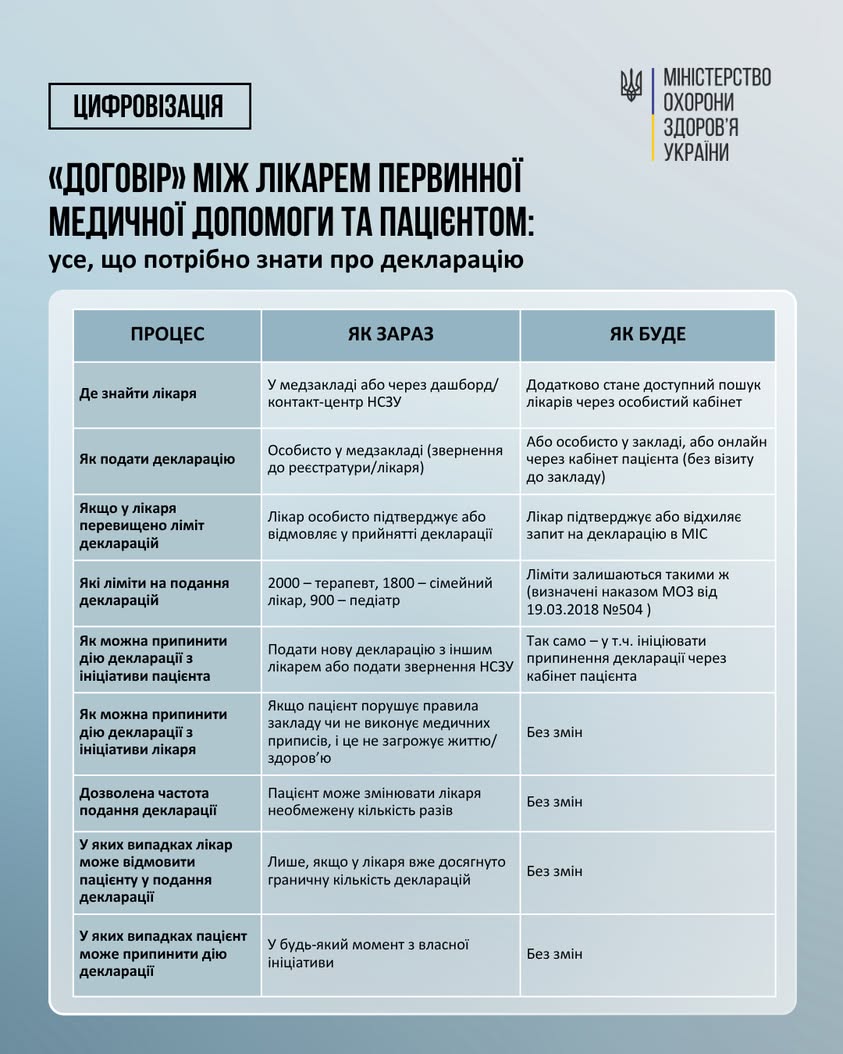A new strain of COVID-19 'Nimbus' discovered in Odesa: what are the symptoms and is it dangerous.


The first case of illness caused by the new coronavirus strain 'Nimbus' has been detected in Odesa. It can cause severe throat pain and had previously only been recorded in Vinnitsa.
New strain in Odesa
The new COVID-19 strain 'Nimbus' has been discovered in Odesa for the first Time. Until now, only one case of illness caused by this strain had been recorded in Ukraine in a resident of Vinnitsa.
The 'Nimbus' strain was identified through sequencing, which allows for the genetic decoding of the virus and the detection of changes in its genome. Researchers have established that this strain is a mutation of 'Omicron'.
Currently, there are 81 confirmed cases of the subvariant 'Stratus' and 2 cases of 'Nimbus' in the country. The subvariants 'Nimbus' and 'Stratus' are new mutations of the Omicron strain. The previous mutations of the coronavirus are a natural process, and new variants and subvariants are continuously emerging.
What is known about 'Nimbus'
The subvariants 'Nimbus' and 'Stratus' were first detected globally in early 2025. Symptoms associated with this strain include a sharp throat pain and hoarse voice.
The remaining symptoms of 'Nimbus' are similar to other COVID-19 variants: runny nose, elevated temperature, cough, headache, fatigue, loss of smell or taste. Medical professionals assert that 'Nimbus' does not cause a severe course of illness, unlike other strains of this virus.
The emergence of the new coronavirus strain 'Nimbus' in Odesa is significant news, as this mutation of the virus can trigger certain symptoms that differ from those of other COVID-19 variants. Researchers continue to study the new strain for a better understanding of its properties and reactions. The safety and prevention of the spread of this strain remain pressing issues for medical institutions and the public.Read also
- Veterans Need Support: How to Help Soldiers Return to Life
- Diabetes in Ukraine: new national screening for people 40+ starting in 2026
- Electronic Internship: How Young Doctors Choose Their Workplace
- Declaration with the doctor: what to do if it was terminated without your knowledge
- Scientists Create Universal Cells to Fight Cancer: What This Will Change
- Ukrainian hospitals ban donations: What the draft law provides









